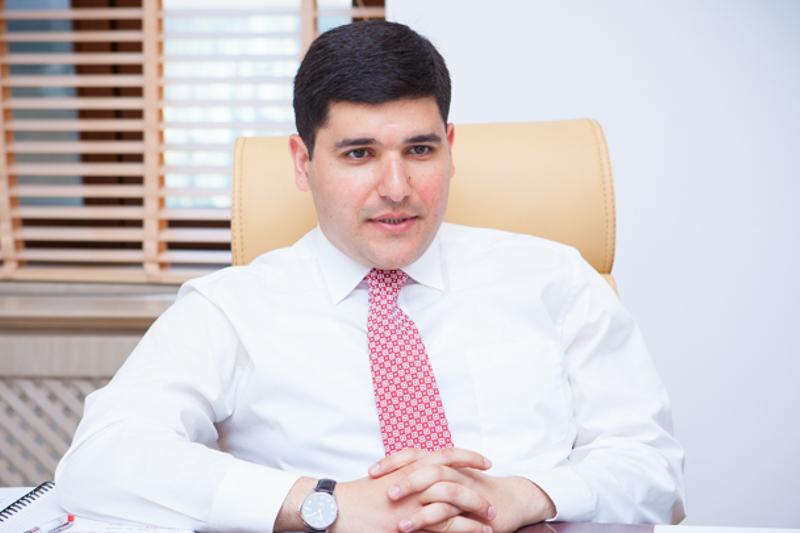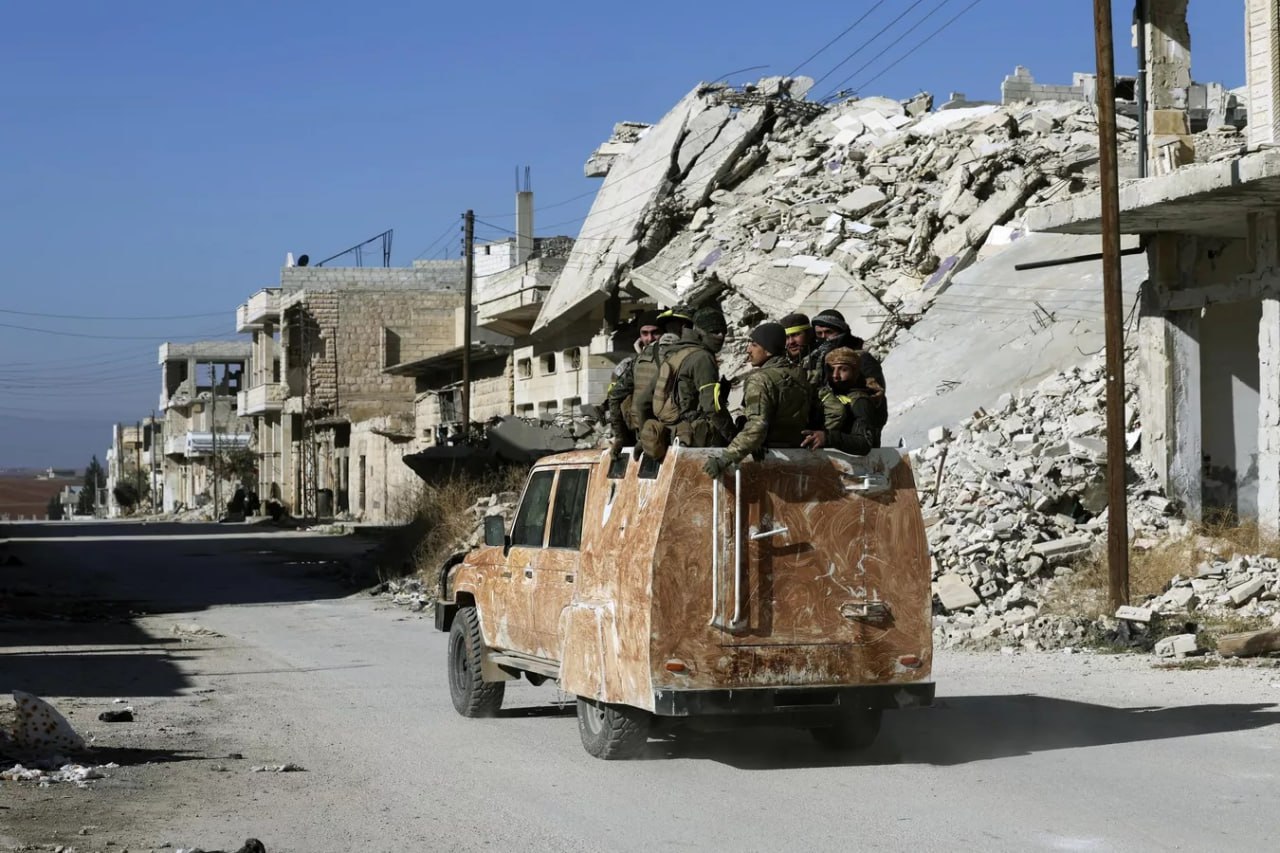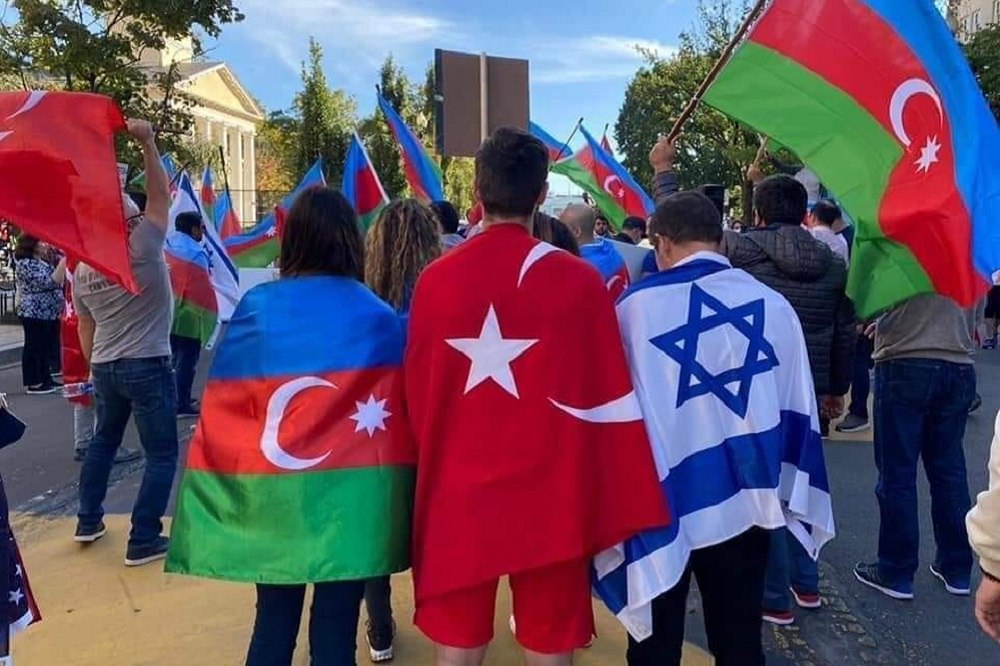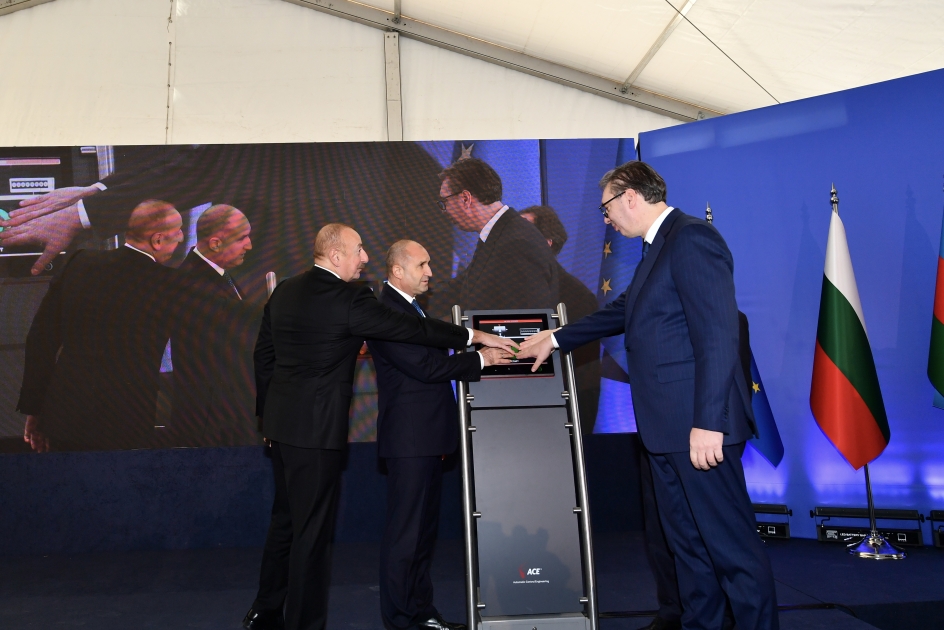Opinion from Baku: Middle East drifts closer to South Caucasus
Middle East draws closer to South Caucasus
“The South Caucasus exists in multiple dimensions—it is part of Eastern Europe, the post-Soviet space, the Middle East, and Central Asia. Over the past three decades, connections and interactions with these regions have intensified. The geopolitics of recent years have further drawn the South Caucasus closer to Central Asia, Europe, and the Middle East,” says Azerbaijani political analyst Farhad Mammadov.
- Salome Zourabichvili: U.S. must not be humiliated in Caucasus by one man serving Putin’s interests
- Rental prices drop in Yerevan as real estate market stabilizes
- Where and how are burn victims treated in Azerbaijan?

In his view, the ongoing transformations in the Middle East are gradually driving the deeper involvement of South Caucasus countries:
“Most significantly, the civil war in Syria has had a profound impact on the South Caucasus. Azerbaijani citizens joined jihadist groups on both sides, while Armenia received refugees from Syria. Armed units of Syrian and Lebanese Armenians participated in the Karabakh war, and Armenia sent its military personnel to Syria as part of the Russian armed contingent.”
Turkey, Russia, and Iran established the Astana format for Syria, which has, to some extent, also impacted the South Caucasus. The situation remained balanced until Iran and Russia faced setbacks in Syria late last year. This shift created a new reality with new players and contradictions influencing the South Caucasus.
At this stage, the Kurdish issue has emerged as one of the most pressing topics, forming coalitions “for” and “against” Kurdish ambitions.
Here’s a brief overview of the state of the Kurdish population in the region::
- In Turkey, Kurds have the third most popular political party and an underground terrorist organization;
- In Iran, Kurds have parliamentary representation but not as a unified party, along with weak armed groups;
- In Iraq, Kurds enjoy full autonomy with economic resources, strong armed forces, and international relations, but they lack access to the seaными формированиями, отношениями с внешним миром, однако не имеют выхода к морю;
- In Syria, with U.S. support, Kurds have armed forces controlling territories beyond their traditional settlements but also lack sea access.
Currently, forces on the ground in Syria include Turkey, Israel, the U.S., and other groups aligned with these powers. The Kurdish issue has already caused tensions in Turkey-U.S. relations and is expected to do the same in Turkey-Israel relations
The U.S. and Israel aim to ensure Syria’s long-term stability, but this cannot be achieved without Turkey’s involvement. Otherwise, Iran and Russia could reassert their influence. At the same time, the Kurds remain the only force capable of containing Turkey in the region, which is why they receive continued support.
Turkey, in turn, seeks to consolidate its gains through a dual approach. While initiating negotiations on Syria’s future with Kurdish representatives, it also conducts military operations against terrorist groups in Syria, narrowing the territory under Kurdish control. These negotiations are conducted through both Syria’s interim government and directly with the U.S., with Barzani, a prominent figure from Iraqi Kurdistan, now involved.
Where does South Caucasus fit into this scenario?
“By signing the Charter with the U.S., Armenia committed to participating in the U.S. coalition against IS. This is an indirect, but notable, form of support for Kurdish militants in Syria who are fighting against Turkey.
For Azerbaijan, this situation presents both risks and opportunities. The risk lies in the potential open confrontation between Turkey and Israel in Syria if Israel overtly supports Kurdish militants. However, if the U.S. succeeds in forming a coalition with Israel and Syrian Kurds, it could lead to a scenario where Israel and Armenia participate in the coalition, albeit indirectly, under the U.S. umbrella.”
In recent days, Azerbaijani President Ilham Aliyev has held meetings with Turkey’s Foreign Minister, Israel’s President, and the Prime Minister of Iraqi Kurdistan. Baku could play a role in easing tensions between Turkey and Israel, as the emerging status quo—where Turkey and Israel are key players in the Middle East—is beneficial for Azerbaijan.
Middle East draws closer to South Caucasus





















